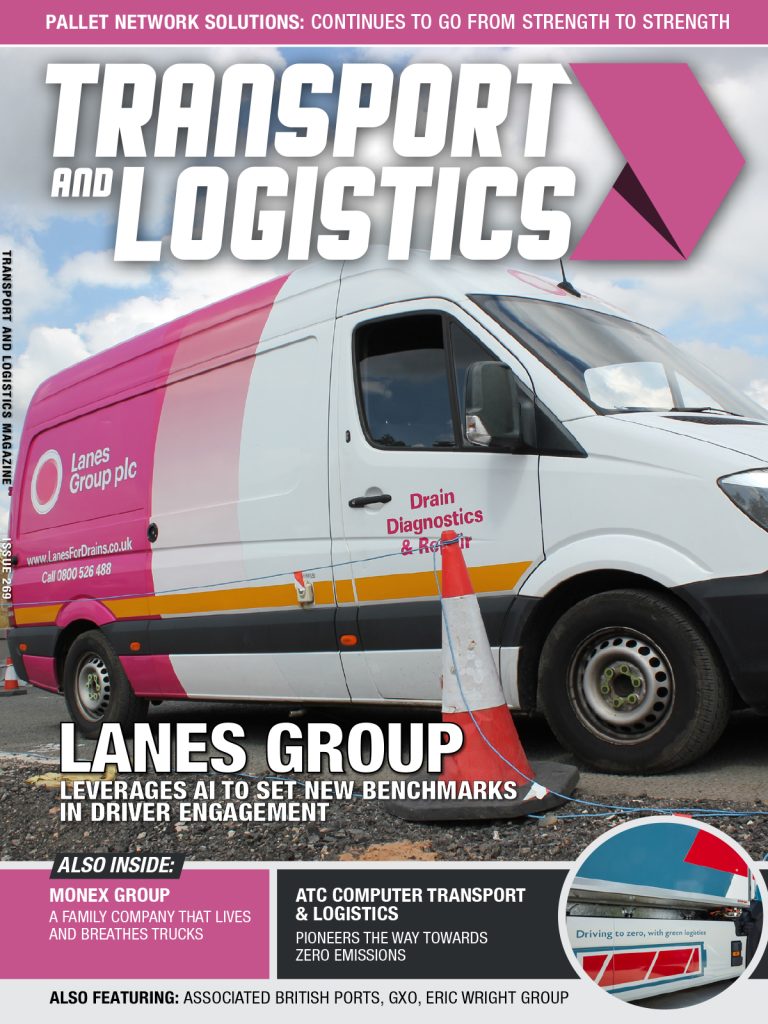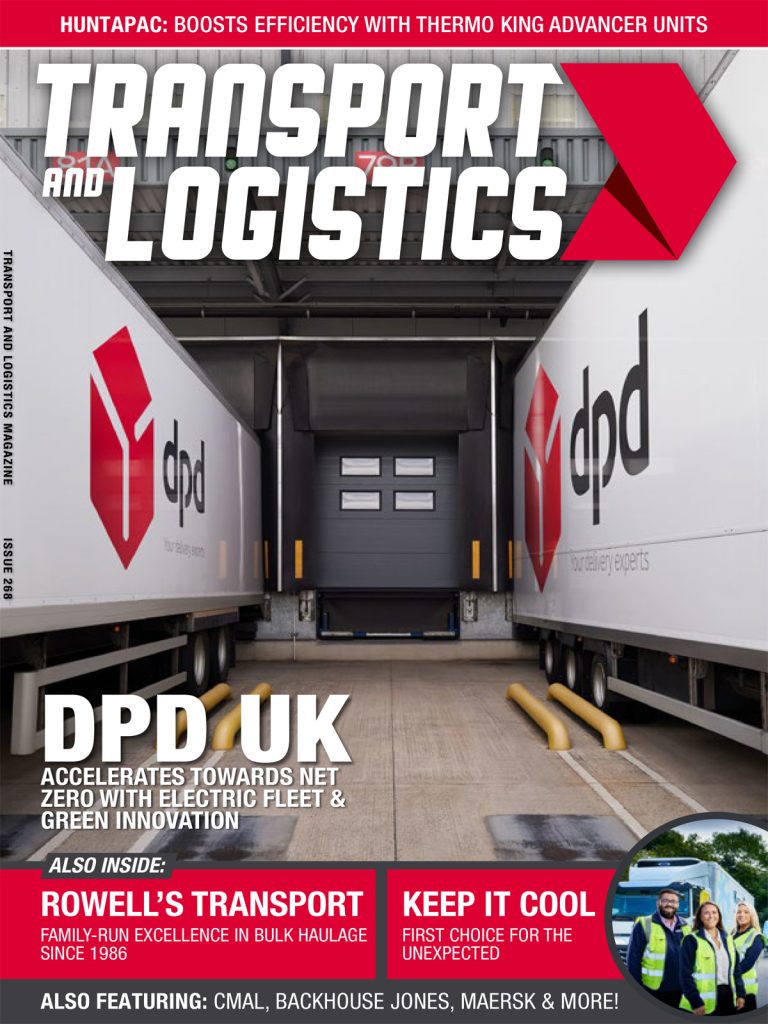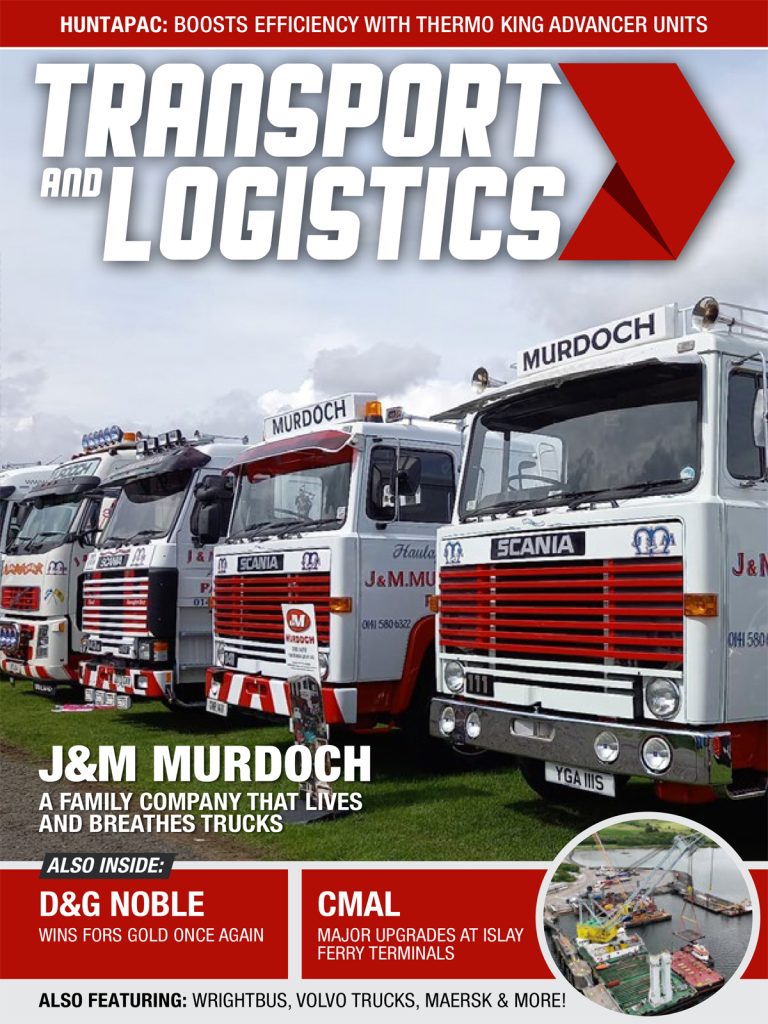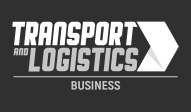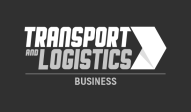The Association for Driving Licence Verification is urging fleets to increase the frequency of driving licence check on high risk drivers with more than nine points, as a matter of best-practise. The recommendations seek to build on guidelines by the Freight Transport Association and FORS (Fleet Operators Recognition Scheme), which both recommend drivers should be checked at least biannually.
“Driving remains one of the most hazardous activities British employees can be expected to undertake on behalf of their employers. Britain has a high number of road fatalities and, sadly, between five and six hundred each year involve people or vehicles in work-related crashes,” said Mark Sugden, Secretary of the ADLV.
A recent poll revealed that some companies only run checks once a year and even rely on employees to inform them of any changes. However, for such an important matter relying on trust is not enough.
“Indeed, a recent RAC Insurance survey discovered that only 13% of respondents would inform their employers of penalty points that they incurred, with 25% already having points that they had previously failed to disclose. Many fleets run no follow-up checks, only checking documentation properly when new employees join. This means there could well be employees who are no longer legally entitled to drive behind the wheel, leaving their organisation wide open to considerable fines, and, in the case of an incident or crash, severe reputational damage,” explained Mark.
The Traffic Commissioners advises fleets to undertake checks every quarter, while ADLV believes that a risk-based ‘scaled response’ approach could help ensure maximum protection for businesses. A proposed approach could be: 0-3 points is a normal risk profile that requires bi-annual check up, 4-7 points is a medium risk and should be looked at quarterly, while 8+ points should be checked monthly.
While the ADLV understands that time and expense of running checks is probably the main reason many organisations avoid it, it is important to balance the initial costs against hugely damaging finer or worse, the cost in human terms when things go wrong.










